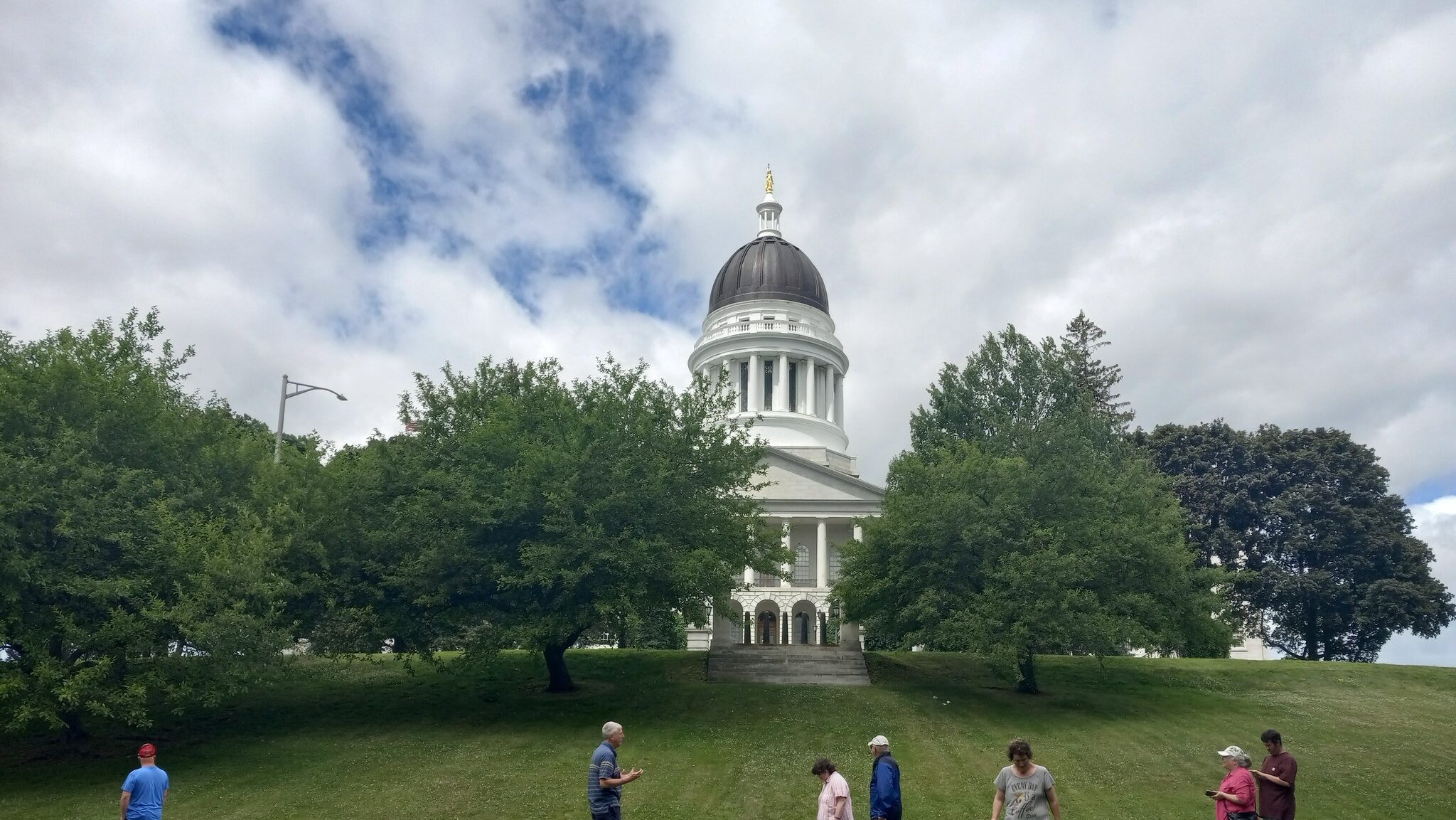
The Rincon Band of Luiseno Indians has been in a legal tussle with California for almost two decades but a settlement has been reached in which their casino will be moved from state oversight to the federal National Indian Gaming Commission.
The 500-member tribe has become the first in the Golden State to take this decision in the process that’s looking to locally regulate California sports betting.
Breaking the Chain
The respective staffs at the California Gambling Control Commission, Bureau of Gambling Control, Office of the Attorney General, and Office of Problem Gambling are all funded by revenues generated by tribal casinos within the state. A total of $67 million is earmarked for the upkeep of these respective offices to create regulatory oversight of tribal gaming in the Golden State.
But a recent agreement between the state and the 500-member tribe located in northern San Diego County that runs Harrah’s Resort Southern California has shifted the responsibility and it could be a bellwether for other tribes to follow suit.
Rincon Chairman Bo Mazzetti, stated, “We’re the first to go through the full process and help develop the process where the state has agreed to opt out from regulatory oversight of our gaming operations,” he said. “Basically, making it simple, the middleman is being taken out.”
“We had all three of them before – our tribal gaming commission, the state of California, and the National Gaming Commission,” Mazzetti said. “Basically, now we’ve just moved the state out, and the national gaming commission is going to provide the oversight that the state used to provide.”
Long Lawsuit Settled
The move will exempt the tribe from paying their share to the fund but will also allow more self-governance, which is the most important aspect of the shift from state to federal oversight. But a lawsuit filed by the Rincons against then-governor Arnold Schwarzenegger in 2004 stated that the negotiations between the tribe and the state were unconstitutional.
In 2011, the case went all the way to the U.S. Supreme Court and it held for the ruling from a lower court that ruled California violated federal tribal gaming law by demanding casinos make payments into the state’s Indian Gaming Special Distribution Fund if they wanted to add more slots.
It was viewed by the courts as a kind of state-sanctioned extortion that allowed the tribe to temporarily operate under the aegis of federal, rather than state, oversight. However, that arrangement has now been made permanent by virtue of a November 21st decree stating the Rincon band could continue its relationship with the National Indian Gaming Commission without any further legal interference from the state of California.
Elizabeth L. Homer, a tribal gaming attorney in Washington D.C. and former NIGC vice chair, stated that the shift away from the state and to the federal government allowed the tribe to conduct their business as one nation to another and not as an entity of California. This meant that California could not try to foist its governmental policies such as environmental or child support policies on the tribal nation.
“Compacts are really only supposed to govern the conduct of Class III gaming and are not intended as a mechanism for the state to start pressing its policies onto tribal governments… Does this mean that there is less oversight, or is this going to be a more poorly regulated facility because the state isn’t performing that function? I would say, not really. I think there’s going to be robust regulation regardless,” Homer said.













